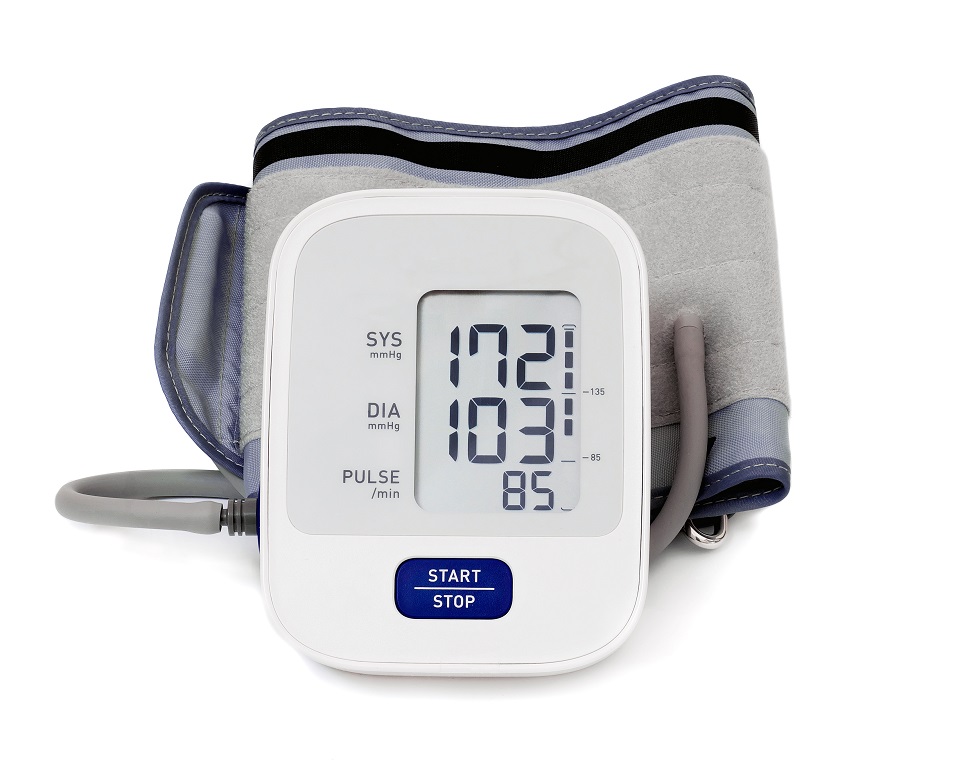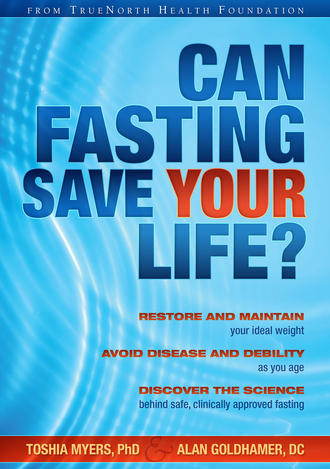Who Benefits from Fasting?

There is nothing that is more effective than fasting when it comes to treating the consequences of dietary excess. Overstimulation by artificially concentrated calories can confuse normal satiety signals, resulting in persistent overeating. Over time, this habit of overeating leads to degenerative diseases such as diabetes, high blood pressure, and cardiovascular disease. Fortunately, there is now clinical evidence that these conditions are indeed reversible.
Not every condition will respond to fasting. But many of the most common causes of premature death and disability do respond, and often spectacularly. Below are six common conditions that commonly respond well to medically supervised water-only fasting.
1. Excess Fat

Being overweight is primarily the result of addiction to the artificial stimulation of dopamine in the brain by the consumption of chemicals added to our foods, including salt, oil and sugar. The answer is to adopt a an exclusively whole plant food diet free of added salt, oil, and sugar (an “SOS-free” diet). When fully implemented, in conjunction with adequate sleep and activity, predictable, consistent weight loss will occur. The average loss is 1.5-2 pounds per week for women and 2-3 pounds per week for men.
If your goal is to lose excess fat, especially visceral fat, and you have trouble adopting a health-promoting program, a period of fasting lasting from a few days to a few weeks may be of benefit. The protected environment of a medically supervised fasting center provides a focused opportunity for intense education and the social support needed to escape the addictive forces of the dietary pleasure trap. The fasting experience functions like rebooting a corrupted computer. After fasting, whole natural food tastes much more appealing, and this may makes adopting a health-promoting diet more achievable.
2. High Blood Pressure / Cardiovascular Disease

For people who have fallen into the dietary ‘pleasure trap’ and developed high blood pressure, medically supervised water-only fasting has been shown to be a safe and effective means of normalizing blood pressure and reversing cardiovascular disease.
In a study conducted at the TrueNorth Health Center in conjunction with Cornell University, Professor T. Colin Campbell, the use of fasting for 2 to 4 weeks in patients with Stage 3 hypertension resulted in reductions of systolic blood pressure of over 60 mm/Hg. This is the largest effect size of any study published to date.
At the TrueNorth Health Center we routinely see patients normalize their blood pressure and eliminate the need for medications. If your goal is to normalize elevated blood pressure and reverse cardiovascular disease, a period of medically supervised fasting may be beneficial.
3. Diabetes

Diabetes is a condition that is increasing in epidemic proportions. Largely the consequence of dietary excess, the resulting alteration of physiological functions such as high blood sugar levels and insulin resistance results in a cascade of consequences including blindness from retinal damage, heart attacks and stroke, reduced healing capacity, nerve damage, impotence, and gangrene, among other conditions. Fasting, along with a health-promoting diet and exercise program, can dramatically increase insulin sensitivity and bring blood sugar levels under control.
If your goal is to normalize blood sugar levels and avoid or eliminate the need for medications and their consequences, a period of fasting may prove beneficial. Most patients with Type 2 diabetes are capable of achieving normal blood sugar levels without the need for medications.
4. Medication Dependency

Medication dependency has become the norm. Nicotine, alcohol, caffeine, and a plethora of prescription and recreational drugs dominate the lives of most people living in industrialized society.
The supportive environment of a fasting center can be helpful in getting safely through long-term withdrawal symptoms* and more effectively establishing healthy habits while eliminating the perceived need for addictive substances.
If your goal is to escape addiction and live a life free of dependence on health-compromising chemicals, a period of fasting may prove to be beneficial.
*Please note: TrueNorth Health does not provide medical management of acute detoxification of alcohol and drugs as these can be life-threatening, and are best managed first through a dedicated detoxification program.
Call the National Treatment Referral Routing Service 1-800-662-HELP (4357) to get the process started.
After completing that process, if you are still struggling despite your abstinence, then the TrueNorth program can be helpful. You must be medically and psychiatrically stable off of your substances for at least three weeks prior to arrival to begin the TrueNorth program. Please note that we maintain a scent- and substance-free facility (https://www.healthpromoting.com/what-to-expect) and offer complimentary laundry service to help mitigate lingering odors (https://www.healthpromoting.com/accommodations-fees).
5. Autoimmune disorders

Autoimmune disorders including arthritis, lupus, colitis, Crohn’s disease, asthma, eczema, psoriasis, and environmental allergies are becoming more common and more debilitating. One possible contributing factor to the aggravation of autoimmune disease involves gut leakage. The absorption of antigenic substances into the blood stream through increased gut permeability appears to be a factor in the aggravation of these conditions.
Fasting can help to normalize gut permeability and ease the transition to a health promoting, low-inflammatory diet. Many of our patients can effectively manage the symptoms of autoimmune disorders, thus eliminating the need for medication.
If your goal is to eliminate the problems associated with autoimmune disorders, a period of medically supervised fasting may be an effective component in a comprehensive program designed to help improve your health.
6. Exhaustion

Exhaustion, both physical and emotional, has become increasingly common in our fast-paced lives. Feelings of fatigue and depression can compromise the quality of your life. Reliance on artificial stimulants compounds the problem. The lack of adequate sleep and exercise and poor dietary and lifestyle choices work together to interfere with the ability of many people to enjoy their life or fulfill their potential.
Fasting can give your body and your mind a complete rest. If your goal is to “recharge” your system, fasting may help you accomplish your goals.
Fasting Research

When properly utilized, fasting can be a powerful tool in helping your body do what it does best—heal itself.
The doctors and research scientists affiliated with TrueNorth Health Center have been conducting ongoing scientific research involving the use of fasting and a health -promoting diet and lifestyle program in the treatment of numerous clinical conditions including high blood pressure and diabetes. In June of 2001, our 12-year study, completed in conjunction with our colleagues at Cornell University, was published in the scientific, peer-reviewed and indexed Journal of Manipulative and Physiological Therapeutics. This paper, entitled “Medically Supervised Water-only Fasting in the Treatment of Hypertension,” detailed our outstanding results in the treatment of 174 consecutive program participants presenting with high blood pressure.
Read the study on fasting as a treatment of hypertension here.
Our study demonstrated the remarkable effectiveness of water-only fasting in the treatment of the leading contributing cause of morbidity and mortality in industrialized countries. A second study evaluating the effectiveness of fasting in the treatment of borderline high blood pressure was accepted for publication and appeared in the October 2002 issue of the Journal of Alternative and Complementary Medicine.
Read the study on fasting as a treatment of borderline hypertension here.


